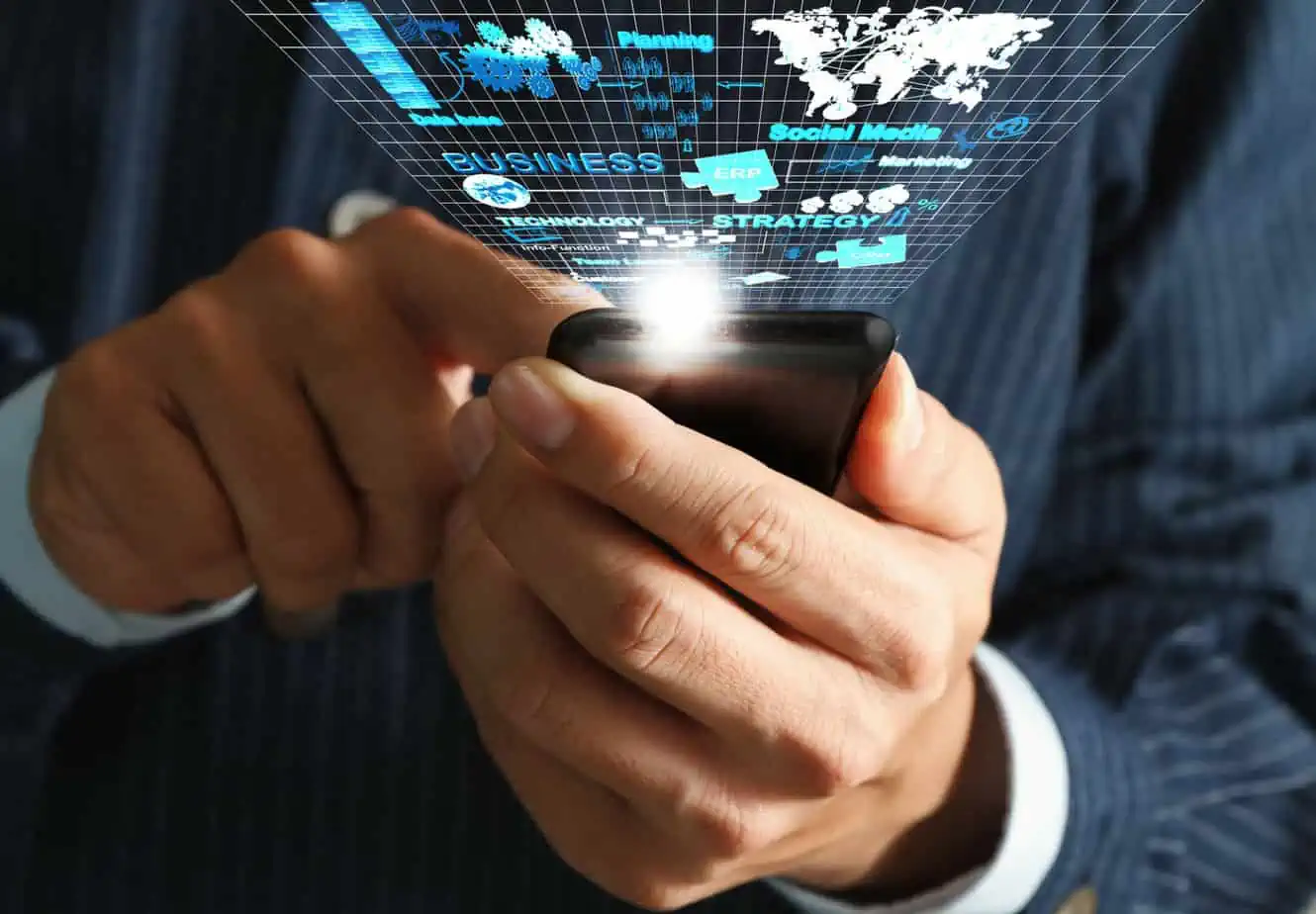ERP and CRM are the two most often utilized solutions for companies looking to manage their resources. These two applications are quite similar in that they place a high value on generating revenue, automating processes, and boosting output.
Not with standing the similar focus, the strategies used by them, as well as the resources that they handle, are completely different. While both will help grow your business, they tackle different elements of it.
This article will explain what ERP and CRM are, how they work, and the differences between both as well as their similarities, so you can determine which option suits your business best.
CRM and its Benefits
CRM stands for Customer Relationship Management. This technology is focused on managing your company’s business relationships, and its interactions with customers both current and potential. CRM software helps with managing contacts, sales, agents, and more.
With the help of CRM, the sales and marketing departments are able to boost revenue through the increase in customer satisfaction. This is due to CRMs facilitating the process of identifying potential consumers, engaging them, and influencing them through the sales process to a successful conclusion.
It doesn’t stop there. Additionally, CRM ensures that the link between you and your customers is maintained which will, in turn, encourage them to continue doing business with you. A company that wants to be successful knows that a solid customer base is essential to the growth of the company. They are the lifeblood of any business.
The good thing about CRM is that it can be incorporated and used on its own or incorporated into an ERP solution. When using a standalone CRM system, you can choose one with more relevant or advantageous systems to boost functionality and allow you to create customized solutions.
CRM is a catalyst for growth and with its many benefits, any business size can make use of it. Businesses won’t have to do the same things over and over again, and they’ll also benefit from its multiple features, including data organization, central task management, marketing, and effective communication.
ERP and its Benefits
ERP is an abbreviation for Enterprise Resource Planning and just like its name connotes, it can be used to coordinate every activity in an organization. An ERP system reduces the amount of time spent managing paperwork and analog systems and automates all company activities.
ERP software is built to handle a wide variety of business processes which makes it suitable for institutions of any type or size. Processes such as inventory management and distribution, finance, HR management, and more are all integrated into the ERP software.
Centralizing data and streamlining operations are two of the main benefits of ERP. Not only does ERP allow its users to customize the software but, it also allows them to include whatever functionality that will boost and meet their business needs.
ERP software is not only useful to large enterprises, but it can also play a huge role in the growth of small businesses as well. It also has integrated tools for both the front- and back office, as well as for enhancing internal communications and data interchange. Because it connects numerous workflows, automation is also a crucial component of ERP solutions.
Differences Between CRM and ERP
One of the major differences between CRM and ERP is that CRM is mainly focused on increasing sales and customer base while ERP is focused on the company’s entire activity, both sales and client base inclusive.
Another key difference is that while they are both focused on the increased profitability of an enterprise, the two technologies use different approaches to achieve this aim. ERP software automates procedures to cut costs and save time and money for the company as a whole. This automation aids in streamlining company procedures.
CRM software, on the other hand, helps businesses make more money by increasing sales. It does this by creating a common ground between an enterprise and its customer. Customers’ data is gathered to construct this foundation, and stakeholders are given access to that data so they may successfully utilize it and optimize customer interactions, resulting in increased repeat business and profitability.
CRM can be used as an added function in ERP software. ERP software, on the other hand, has far less customer-related functionality than CRM. Also, ERP can work across many workflows and departments, while CRM is restricted to the sales and marketing teams.
Similarities Between CRM and ERP
While there are multiple and significant differences between these two technologies, there are still a few similarities between them. Customers, firms, quotes, orders, and predictions are all part of ERP and CRM systems. Using either program, you can set up line items, bundles, delivery dates, and invoices. However, both systems still cause a lot of confusion, as the average user has no idea how they are interconnected or how their essential functions differ.
The majority of ERP systems offer the capacity to link with a third-party CRM system, even if they do not have all of the CRM components. As a result, the CRM components of ERP systems tend to be more limited in their functionality than those found in the finest standalone CRM solutions.
Additionally, some ERP systems with CRM components incorporate marketing and sales force automation features. However, many ERP systems lack other functionality like call-center support, community, or social media management. While this won’t have an impact on the system’s performance, it will have a contribution to the entire experience of the user.
Conclusion
CRM and ERP are both excellent tools when it comes to managing a business’ resources and maximizing revenue. However, while they are both about resource management for the sake of profits, they have significant differences. When it comes to centralizing front- and back-office functions, ERP is a comprehensive solution, while CRM just deals with sales, marketing, and customer interactions. The best choice of solution for your organization depends on the extent of your needs and the amount of money you’re ready to commit.

